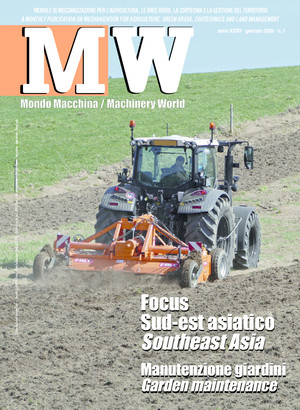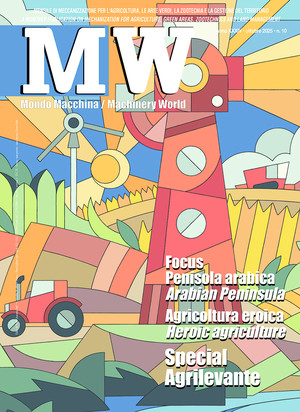
Russia sanctions, bans also on "dual use" products
A new crackdown on trade between the EU and the Russian Federation. The additional measures provided for in EU Council Regulation 2023/427 specifically concern "dual use" products, namely products that can be used for both civilian and military purposes. Restrictions also apply to motor vehicles
mORE than a year after the Russian Federation invaded Ukraine, the European Union's trade sanctions against Russia keep escalating with new import and export restrictions. On Friday, March 3, 2023, the Customs Agency published a notice on its website outlining all the latest developments, including the many exemptions to the restrictions.
EU Council Regulation 2023/427 (the "tenth sanctions package") contains measures that further supplement the list of EU goods in the annexes to EU Reg. 2014/833, the export of which is banned to Russia and Belarus, affecting mainly supplies of products susceptible to use for both civilian and military purposes (so-called dual use” and “nearly dual use”), as well as goods used in the energy and transportation sectors, and those capable of contributing to the strengthening of Russian industrial capacity.
The new bans also affect advanced technologies that could be redirected to support the Russian war effort: vehicles (heavy trucks and their spare parts, semi-trailers and special vehicles), binoculars, radar, compasses, and construction goods (bridges, tower building structures, forklifts, cranes).
Products affected by the restrictions also include goods critical to the operation and enhancement of Russia's industrial capacity: pumps, metal processing machinery, complete industrial plants (excluding those for the production of food and beverages, drugs, medicines and medical devices), supplies of parts used in the automotive sector and components used in the aviation industry.
The sanctions also affect several typical Russian and Belarusian export products whose import is banned in the European Union.
Among them are carbon, bitumen, asphalt, synthetic rubber and carbon black.
However, exemptions to the import ban were introduced for carbon and synthetic rubber until June 30, 2024, under specific quantitative quotas.
As the Customs Agency pointed out in its March 3 notice, EU Reg. 2023/427 aims both to ease trade relations with the Russian Federation and to protect the legitimate expectations of companies that have already concluded trade contracts involving sanctioned goods.
In this sense, the regulation specifies the varying terms of execution within which contracts and related customs operations for certain categories of imported or exported goods must necessarily be finalized.
One of the derogations provided for in 3 duodecies, par. 1(2) of EU Reg. 833/2014, as amended by the Tenth Package, authorized the export of steel components and supplies intended for the aeronautical industry if the consent of the competent authorities was provided.
However, the waiver applied to the execution of contracts until March 27, 2023, and only in cases where there were reasonable grounds to believe that the said goods might be intended for military use.
Each of the EU regulations contains not only export sanctions but also a so-called Grandfather clause which applies to contracts concluded before the adoption of the packages containing the sanctions.
Hence, in this regard, the date to be taken into account is that of the entry into force of Regulation 2023/427, i.e., last February 26.
Accordingly, it is to be noted that under the provisions of Italian law, contracts are considered concluded only when the proposal is accepted in all its essential elements (product, price, quantity, mode of shipment and timing).
Finally, EU Reg. 833/2014, in Article 12 sexies, establishes that Customs Authorities, under certain conditions, may release goods that are physically in the EU but have been detained under the sanctions regime.
For this to be possible, goods must have been presented under customs supervision and introduced into the EU territory before February 26, 2023.
The Customs Authorities are not required to apply for such waivers if they have reasonable grounds to suspect sanctions evasion. In such a case, they may not allow the goods to be re-exported to Russia. A final clarification related to the tenth package of sanctions concerns the price ceiling for crude oil from or to Russia (so-called Ural).
The eighth package (EU Reg. 1904/2022) ordered a ban on the transportation to third countries (including by transshipment from one vessel to another) of Russian products listed in Annex XXV of EU Reg. 833/2014, which includes, precisely, crude oil (CN 2709 00).
As clarified by the Customs Agency's December 5, 2022, notice which recalls EU Reg. December 3, 2022, No. 2368, the transport ban was "frozen" in this case as well. In fact, until March 31, restrictions on crude oil purchased with a price above the price cap in effect before February 5, 2023, were not yet in force. After this date, a new cap was set, which constitutes a new benchmark. It is worth mentioning that the price cap mechanism (the so-called price cap) prevents Russian crude from being transported anywhere in the world unless it was purchased at a price below the price cap.








